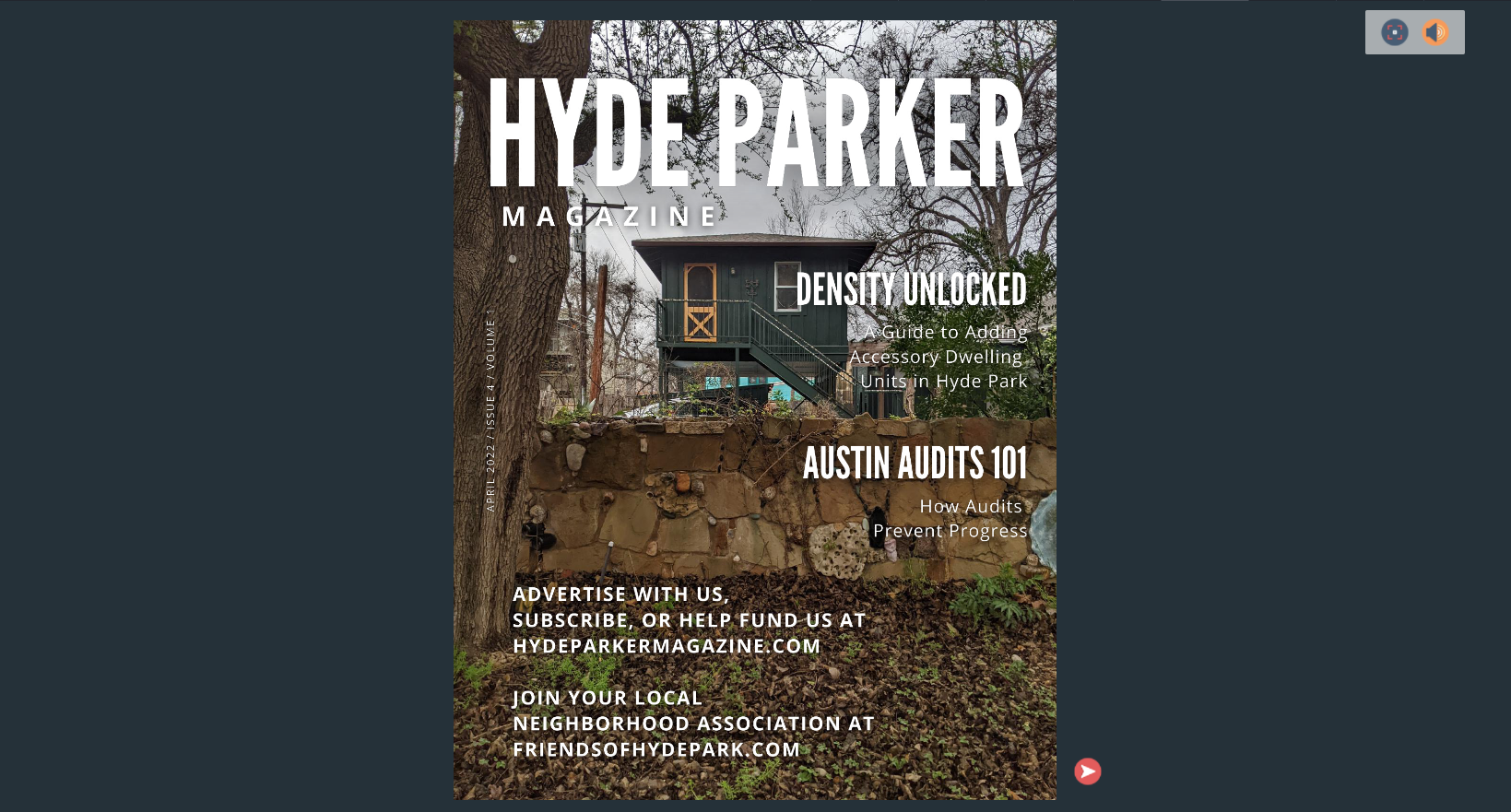Austin Audits 101
How Audits Prevent Progress
By Nina Hernandez
As Austin continues to grow, the question isn’t what are the biggest issues we face as a city. We’re all well aware that our housing shortage is exacerbating gentrification and displacing communities at a rapid pace. At the same time, our city’s homelessness crisis becomes more dire each day.
What do all of those big ticket items have in common? Well, for one, we’ve studied the ever-loving heck out of them.
Do You Really Like Audits?
Austin is a paradise – if you really like audits. We’ve got an audit for everything. There’s of course the City Auditor’s Office, which does audits related to process compliance. That’s helpful if you want to see if city staff are using resources correctly or if in general a process the city has set up is working like it was intended.
That doesn’t really help if the system itself is flawed, as is the case with many of the systems on which Austin city government is built. The City Council Audit & Finance Committee is a bit more empowered to look at structural deficiencies but not by much.
Then Punt to A Third Party
That brings us to the third-party audit, which is a popular way for City Council and community interest groups to keep thorny issues bogged down and thus avoid both hard decisions and the changes those decisions bring about. The reports come along with recommendations backed by an industry or academic credential, which should theoretically make it easier for the city to pursue a course of action to address the problem.
In practice, those recommendations, regardless of who makes them and what credential they have, are generally not implemented. For one reason or another, parts of the proposed situation are considered off limits and progress is derailed again and again.
For example, the 2015 Zucker Report told the city to modernize its development services department and streamline the land development code to make the process easier on both staff and citizens. But a loud and vocal segment of the Austin political scene didn’t want to reform the land use code and mired the process in delay after delay. When that wasn’t sufficient to gum the works, those interests took their battle to the courts.
Same Song, Different Arrangement
It’s the same story over and over again. The 2018 Action Plan to End Homelessness was a version of the same report the city has been commissioning since 2010. But every time a report comes out the answer is that solving the problem takes sustained community resources and commitment – two things we’ve been short on lately.
Gentrification is the same sad story. Study after study is done and virtually none of the recommendations are implemented. That’s either due to lack of political will or complications with state statute. Either way the result is the same.
And it will continue to be the same until leadership in Austin improves. Yes, people will act in their economic interests and delay progress out of fear or self-preservation. But the city leaders we elect are supposed to be there to look beyond what’s beneficial in the short-term and instead choose the path that best serves the entire community.
If you liked the article and want to help, please consider advertising with us by clicking “Advertise” or making a small one time or monthly contribution by clicking “Help Fund Us!” Advertising or any contribution amount, either one time or monthly, is vital for us to continue our independent journalism and advocacy.


